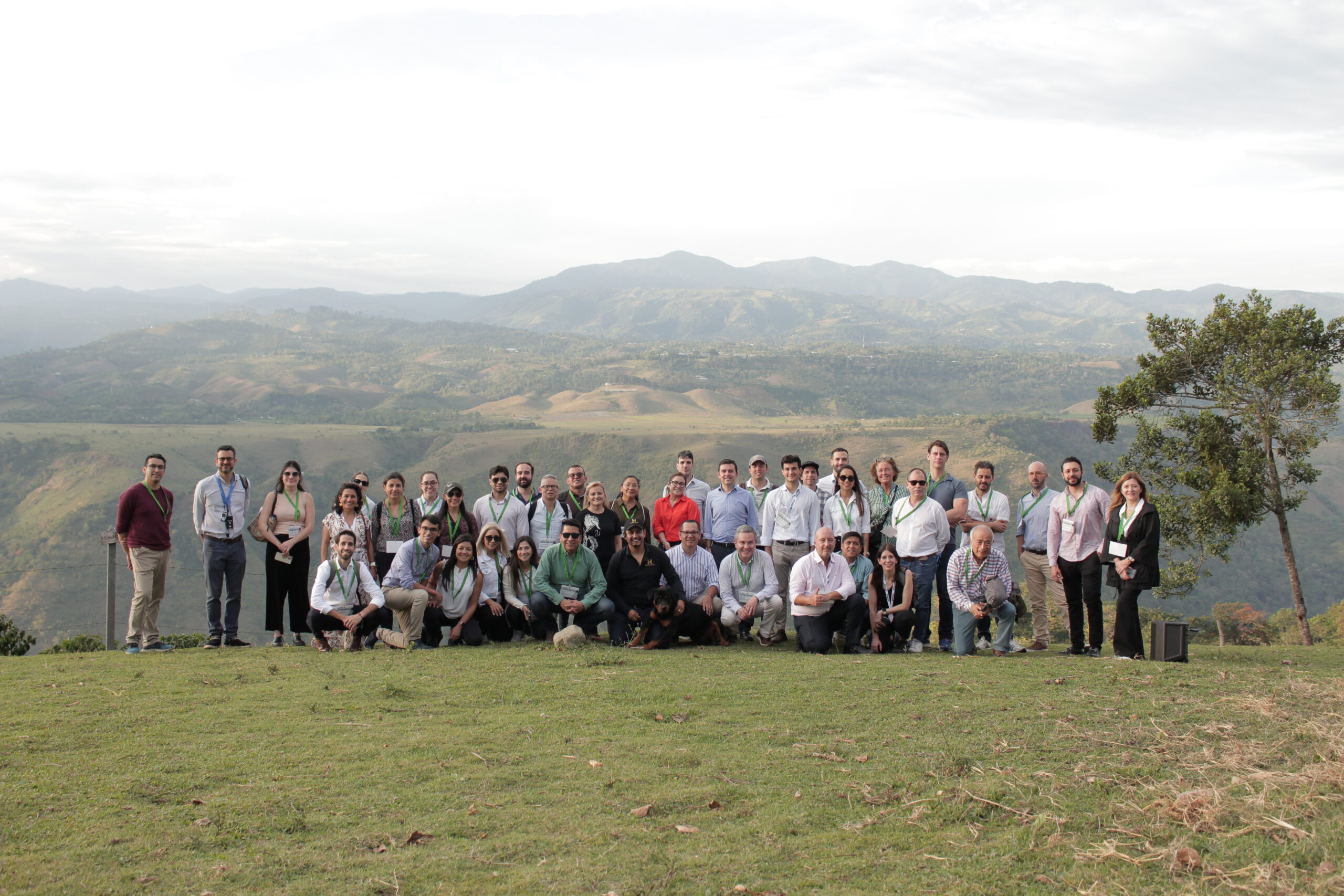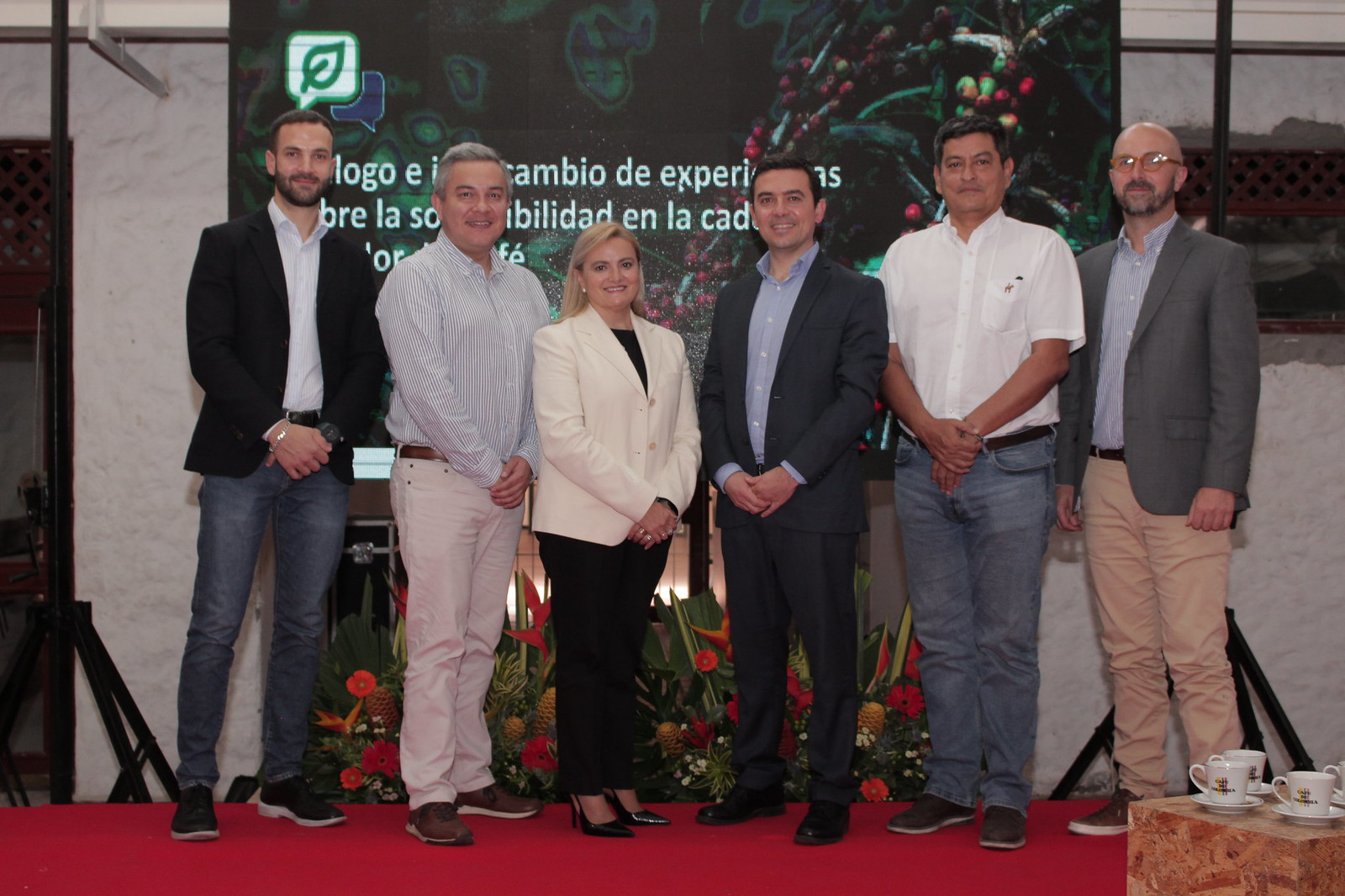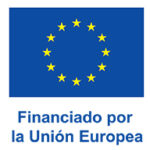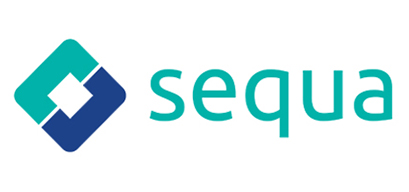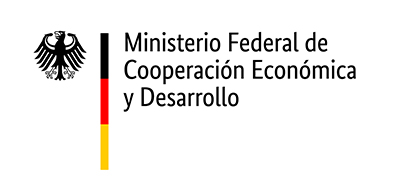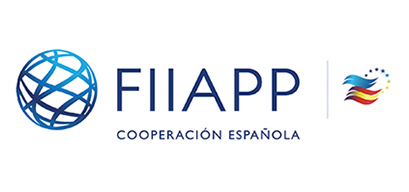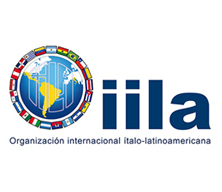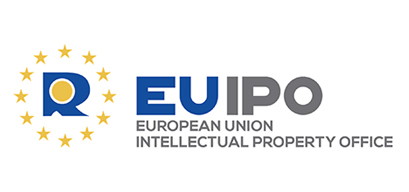Pitalito, Colombia, 14 December 2023. AL-INVEST Verde, in collaboration with the Ministry of Trade, Industry and Tourism of Colombia and ProColombia, organised in Pitalito, Huila (Colombia), the closing event of the cycle "Dialogue and exchange of experiences on sustainability in the coffee value chain".The project was developed throughout the year with the holding of three virtual round tables.
On 13 and 14 December, representatives of the European Union, international organisations and Latin American coffee-producing countries, such as the European Union and the European Union, will meet in Brussels on 13 and 14 December. Brazil, Ecuador, Colombia, Costa Rica, Honduras and Peru met at the Chamber of Commerce of Huila to discuss the EU Regulation 2023/1115 on deforestation and forest degradation-free supply chainsThe report also provides information on systems and instruments for the traceability of the coffee value chain implemented in Latin American countries and their capacity to facilitate compliance with this regulation.
Deforestation-free products
EU Regulation 2023/1115 was adopted in June 2023 with the aim of curbing deforestation and forest degradation caused by the expansion of agricultural land for the production of various commodities, including coffee. To this end, it establishes the need to comply with a due diligence process for the agents that trade it.
At the inauguration, John Bazill, International Policy and Regional Affairs Officer of the Latin America Unit, DG Trade, of the European Commission, highlighted the European Union's efforts to promote a regulatory framework that encourages sustainable value chains and indicated that, although in some cases it can be a major challenge for producer countries, "it is also an opportunity to demonstrate their capabilities". In this sense, he pointed out that "the European Union wants to accompany the countries in these efforts" and acknowledged that "some are already making good progress in developing solutions that will allow compliance with these new rules".
Zoltan Agai, EU representative at the International Coffee Organisation (ICO) and member of the European Commission's Sustainable Agri-Food Systems and Fisheries area, highlighted the value of European regulations as, he said, "they are part of the goals for sustainable development".
Vanusia Nogueira, executive director of the ICO, stressed that "40% of coffee exports from Latin America and the Caribbean go to the European Union", which is why she called for joint work and dialogue so that coffee can provide "an income for producers" and, "at the same time, contribute to the sustainability", added.
In the same vein, Sonsoles Mories, director of Economic Development and Environment of FIIAPPwhich implements the AL-INVEST Verde Component 2 together with IILAHe thanked the participation of representatives from different producing countries and acknowledged that "the spaces for discussion between neighbouring countries are fundamental to finding shared solutions to common challenges". "From AL-INVEST Verde, we strongly believe in multi-stakeholder and multi-country dialogue because they are key to advance in the strengthening of good practices in the field of public policies", he underlined.
Also present at the inauguration were Manuel Chacón, Director of Trade Relations of the Colombian Ministry of Trade, Industry and Tourism (MINCIT); Alberto Menghini, Head of Cooperation of the Delegation of the European Union in Colombia, and Dilberto Trujillo, Secretary of Agriculture of the Department of Huila.
Due diligence
After the inauguration, Emilio Calvo, Director of Component 2 of AL-INVEST Verde, spoke about the importance of bringing together the main coffee producing countries. "It is a great opportunity to analyse the challenges of the value chain and share solutions to common problems," he said.
Frédéric Baron, from the European Forest Institute (EFI), then presented the content of the regulation on deforestation and forest degradation-free supply chains, the aim of which, he stressed, "is to minimise the EU's contribution to global deforestation and forest degradation". The expert referred to the obligations that this regulation will entail for the products affected, including coffee, and reviewed the due diligence process that will have to be fulfilled.
"Due diligence is an exercise of risk assessment and that means that the aim is always to improve their practices," he explained. "When an operator is going to import or put a product on the European market, or export that product, they will have to make a due diligence declaration and register it in the computer system that the EU is going to develop," he said.

Frédéric Baron of the European Forest Institute (EFI).
Traceability experiences
During the second day of the event, attendees had the opportunity to learn about experiences of socio-environmental traceability in the coffee value chain in different Latin American countries. Representatives from the following countries presented their initiatives Brazil, Colombia, Costa Rica, Ecuador and Peru.
In addition, concerns were shared in a round table organised after these presentations, which allowed for the compilation of the challenges and opportunities of the different countries in complying with the Deforestation and Forest Degradation Free Products Regulation, as well as relevant aspects to advance in the due diligence process.
The event was completed with a visit to sustainable coffee growing experiences to learn about production alternatives and good practices implemented in Colombia.
About AL-INVEST Verde
AL-INVEST Verde is a European Union (EU) programme whose main objective is to promote sustainable growth and job creation in Latin America by supporting the transition towards a low-carbon, resource-efficient and more circular economy. Through Component 2, led by FIIAPP in consortium with IILA, the programme provides assistance for strengthening public policy and multi-stakeholder dialogues on sustainable agricultural and value chains, environmental and labour standards, as well as sustainable trade and economic policy and regulatory frameworks.

